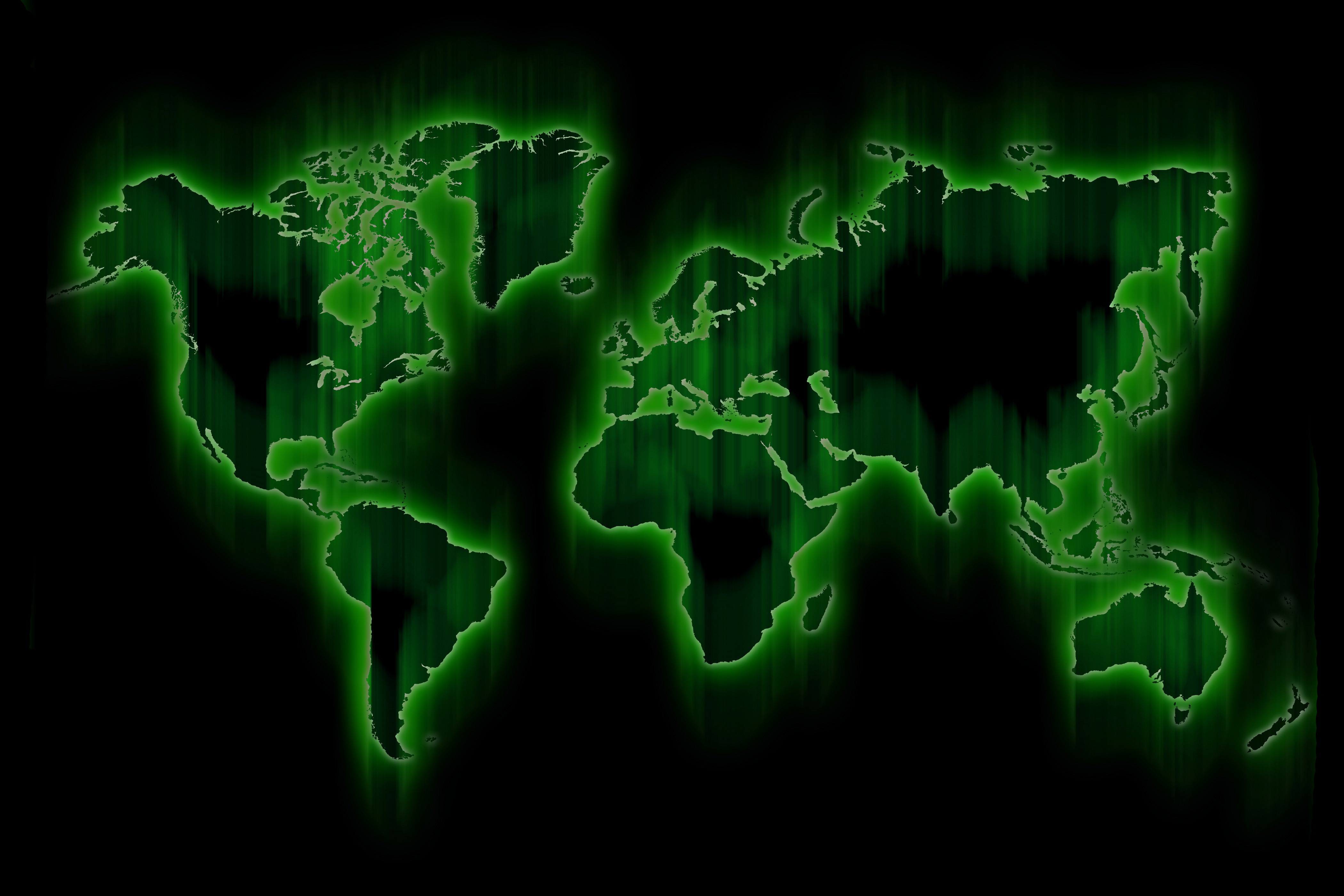Earth observation technologies allow researchers in many disciplines to monitor human activities and their effect on the environment using machine-learning and data-mining techniques. However, currently these techniques are not able to provide the data needed because of various challenges that are unique to the earth system processes being captured by remote sensing data.
The research group of Professor Vipin Kumar (Computer Science and Engineering and MSI PI) is working to advance the state-of-the-art in machine learning techniques for analyzing the multi-scale, multi-source, spatio-temporal data about earth system processes. They are developing algorithms and methodologies for analyzing multi-scale, multi-source, spatio-temporal data about earth system processes. One project focuses on the ability to understand the impact of changing climate and human actions on the availability of surface water. In 2020, they received a UMII Updraft grant to fund storage at MSI to process data related to water bodies on a global scale.
This grant was renewed for 2021. The researchers reported in their renewal proposal that, by performing time series analysis, they have identified ~15,000 new man-made reservoirs that have been created after 1984 compared to ~1,000 reported in the existing dataset.
Research Computing partners:
- University of Minnesota Informatics Institute (funding)
- Minnesota Supercomputing Institute
